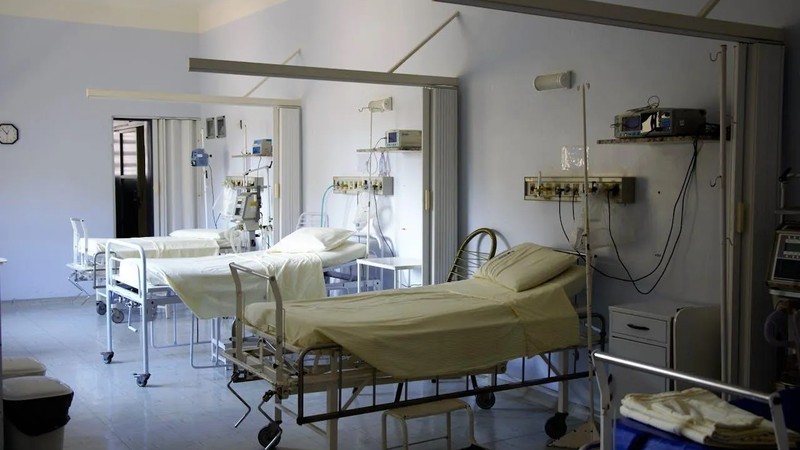The Western Cape’s health system handled over one million emergency cases and more than half a million hospital admissions in the past financial year, despite facing severe financial constraints.
This is according to the Western Cape Department of Health and Wellness’s 2024/25 Annual Report, tabled in the provincial legislature this week.
The report reveals that public hospitals recorded 512,997 admissions, 1.48 million outpatient visits and more than one million emergency cases.
Provincial Health and Wellness MEC Mireille Wenger praised health workers for their resilience, saying: “Despite funding cuts, global cost pressures, and the withdrawal of major donor support, our teams demonstrated extraordinary dedication. Our facilities recorded 20 million visits and admissions — a testament to the commitment of our staff.”
Despite these pressures, the Department secured its seventh consecutive clean audit. Of the R30.69 billion allocated, 99.6% was spent, with just 0.44% underspent.
“Every rand spent is an investment in dignity, access, and the wellbeing of the people we serve,” said Wenger.
Highlights from the past year include:
-
18.7 million primary healthcare contacts at clinics and community health facilities.
-
187,705 learners reached through school health programmes.
-
5 million chronic medication parcels delivered via the Chronic Dispensing Unit.
-
11,126 cases managed by Forensic Pathology Services.
-
Nearly 30,000 additional HIV tests conducted.
-
TB patient loss to follow-up improved from 23.1% to 17.8%.
Despite financial constraints, the Department also invested in infrastructure:
-
A new interim emergency centre was completed at Robertson Hospital in 10 months.
-
The R8.45 million Villiersdorp Ambulance Station was opened to improve rural emergency response.
-
Construction is underway on several major projects, including Ravensmead Clinic and acute psychiatric units at Eerste River, Khayelitsha, and New Somerset hospitals.
Wenger credited strong partnerships for the department’s performance, thanking hospital trusts, NGOs, clinic committees, boards and the private sector.
She also paid tribute to staff: “Our health heroes — from admin teams to specialists, nurses, allied health professionals, maintenance crews and porters — continue to serve with compassion, commitment and excellence.”
Looking ahead, the Department begins its next five-year strategic cycle with a vision to help residents “start well, live well, age well, and do so within a system that is run well”.
News
